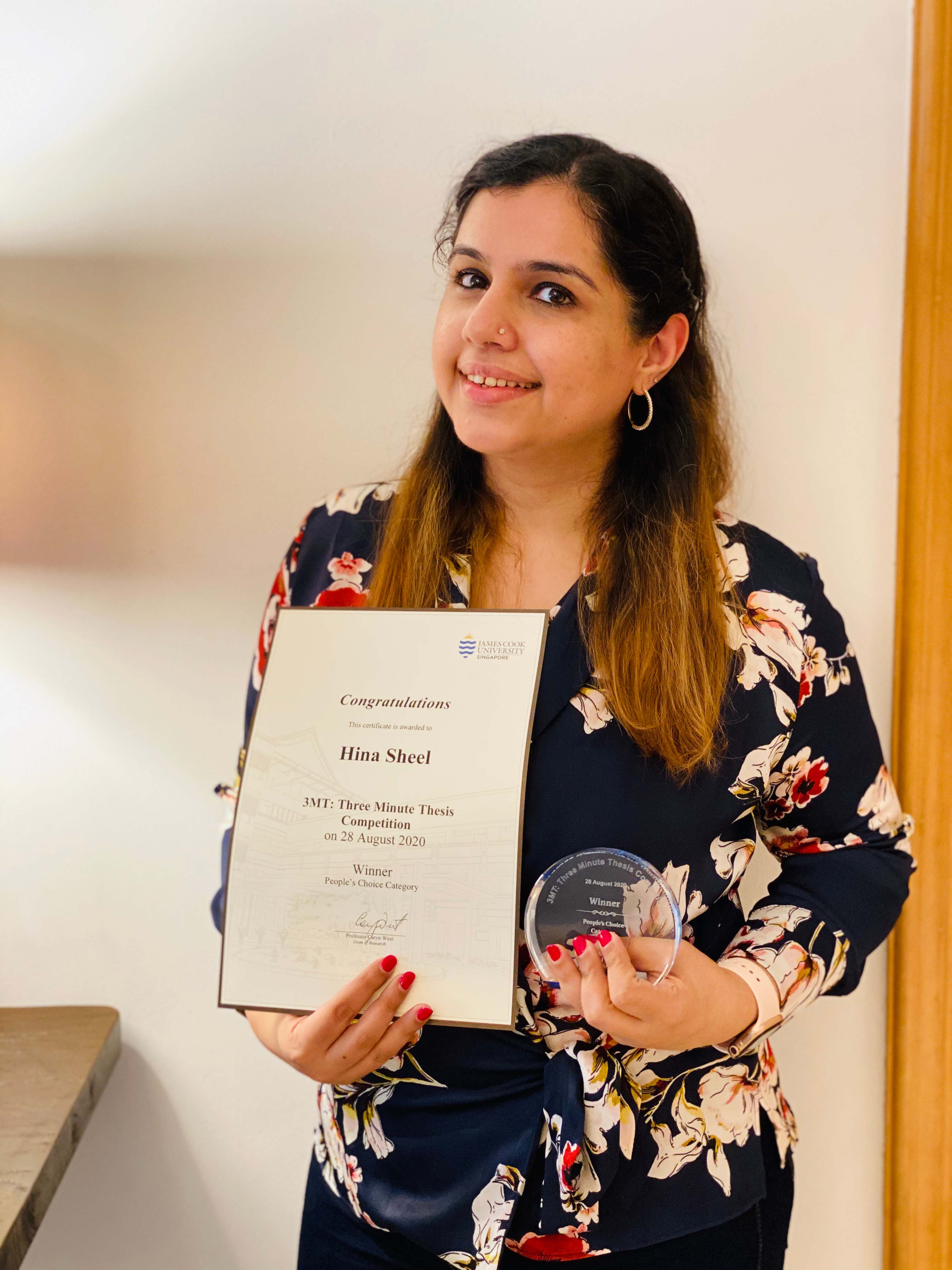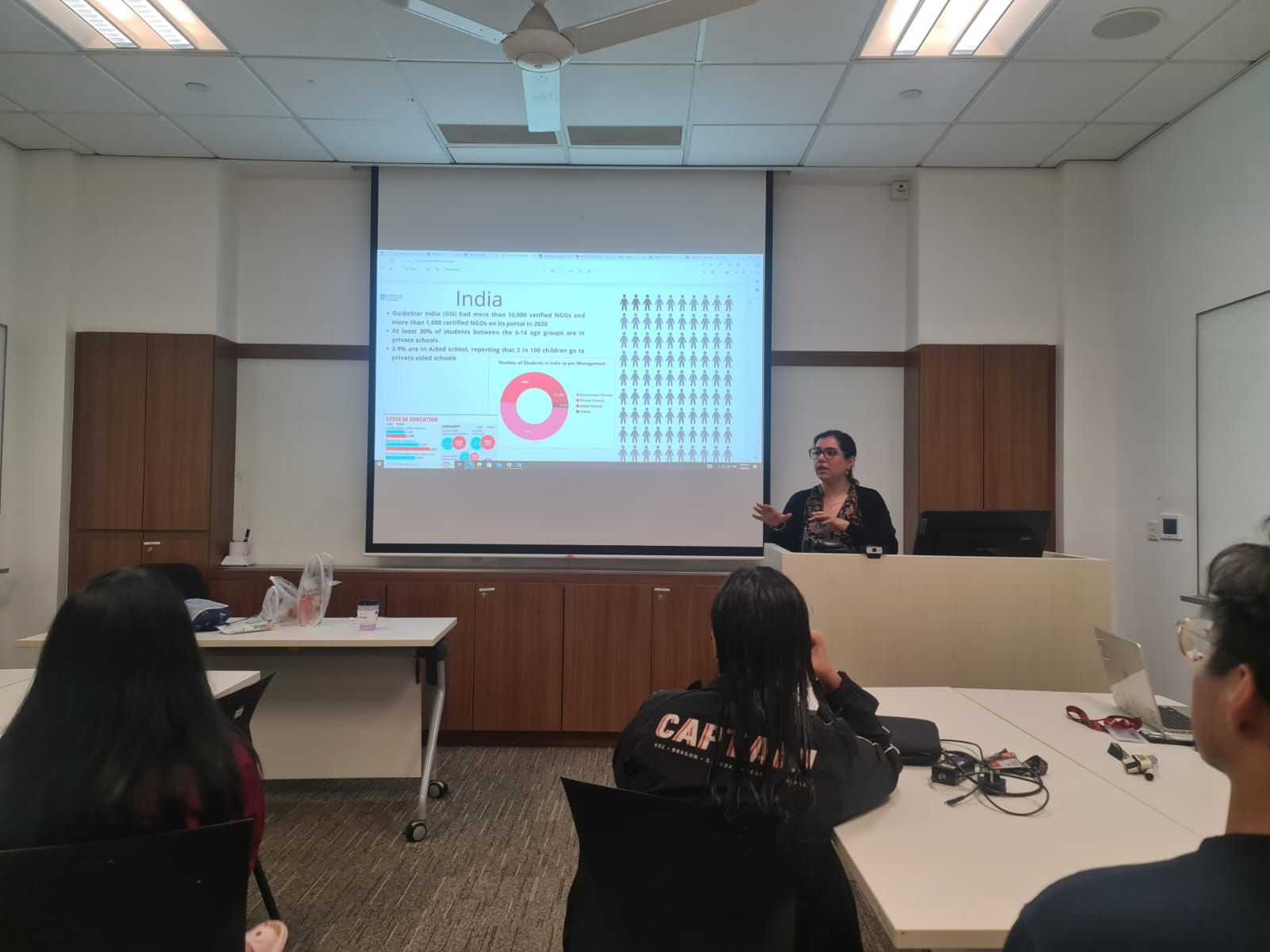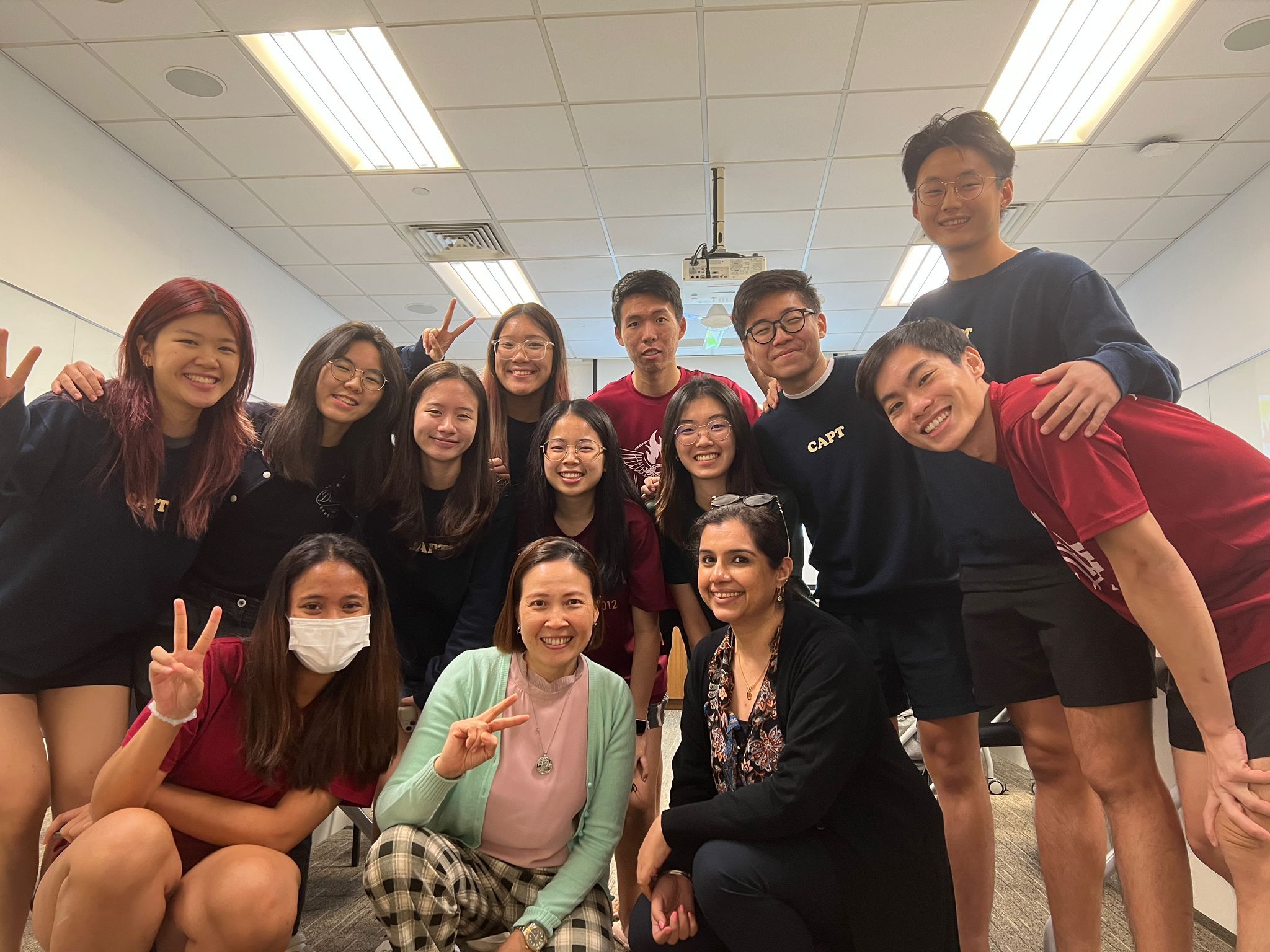Media Releases
Dr Hina Sheel Ph.D. | Screening for Developmental Delay and Social-Emotional Learning among Children in India

Research Output and Activities
For my doctoral study I evaluated two screening tools for their effectiveness in identifying developmental delays in young children within this challenging context. My findings indicated that both tools were indeed suitable for Indian children, revealing a significant link between developmental delay and psychosocial functioning. My research not only illuminated the gaps in developmental literacy among parents and educators but also highlighted the urgent need for action.

“Congratulations! You have been chosen as one of 13 recipients of the 2024 Dean’s Award for Higher Degree by Research Excellence. This is a huge achievement as you were chosen from the 120 JCU research higher degree candidates who completed in 2023. You were nominated for this Award by your Advisory Panel and College Dean based on the examiner reports for your thesis, the international recognition of your work, the impact of your research and your publications and other outputs.”
Advancement of Knowledge
The implications of my PhD project extend far beyond academia. By providing a practical and cost-effective approach to early screening, this study has the potential to transform child welfare in India. Early detection and intervention are crucial; the sooner a delay is identified, the better the outcomes for the child. Moreover, the study's impact has been felt at multiple levels. Clinicians in India often rely on paid tools to assess children. My study has disrupted this pattern by raising awareness among clinicians, schools, and policymakers about free, easily accessible screening tools that require no specialized training to administer.
“We feel that the study will help us improve our methodologies and the ability to have holistic approach towards our young children it will be beneficial for… parents as well. ”
Implementation
Encouragingly, several schools involved in the research have already begun implementing these screening tools, and the initial responses from parents and teachers have been overwhelmingly positive. This shift marks a significant step toward fostering a more inclusive environment for children with developmental delays, ultimately aiming to break the cycle of stigma and isolation.
“Identifying screening tools that are less costly, easily accessible, require no training, simple to administer and easy to interpret can help our special Educators and also should benefit children who belong to disadvantaged families and cannot afford screening services outside.”
Legislation and Policy
The study findings, disseminated through scholarly, open access publications and conference presentations, equip clinicians and policymakers with the necessary evidence to advocate for early screening programs across schools in India, ensuring that timely interventions and resources can be made available to those in need. Furthermore, the study has served as a valuable guideline for many private schools across North India, helping them recognize the importance of early screening in children. These schools have successfully implemented the tool for promoting social-emotional learning among children, with active involvement from both parents and teachers.

“Thank you very much for sharing this. This would be a great step for schools. Wishing you a lot of luck and success in your future projects as well."
Economic Benefit
One of the key economic benefits of the study is the increased awareness among schools and clinics about the availability of standardized, free, and easily accessible screening tools. Many schools face financial constraints, and screening is often not prioritized. This project has empowered schools and clinics to initiate early interventions without incurring costs for tools or staff training. Additionally, parents now can understand their child’s social-emotional development without the expense of formal tests, enabling them to collaborate more effectively with teachers and schools to support their children in the best possible way.
Community Benefit
By prioritizing early intervention, we can change the trajectory of countless lives, paving the way for a brighter future for children in India. In India, around 10% of children experience developmental delays that lead to disabilities, while nearly 6% of infants are born with congenital conditions. Unfortunately, socio-economic challenges—such as poverty, inadequate healthcare, and limited access to educational resources—exacerbate the risk of delayed identification of these issues. Additionally, cultural perceptions of developmental disabilities, particularly in South Asian nations like India, often stigmatize affected children and their families, leading to further social isolation. The lack of early intervention and support means that initial developmental delays can worsen over time, resulting in more profound disabilities. Community health has improved as schools, clinics, parents, and teachers are now more aware of screening tools for social-emotional learning and developmental delays, allowing for a better understanding of children’s developmental milestones. Furthermore, the research published across various journals has highlighted the importance of early screening, particularly in low- and middle-income countries like India, where access to relevant resources is limited. This has raised awareness among researchers and practitioners about the critical need for early intervention.

Publications
Sheel, H., Suárez, L., & Marsh, N. V. (2023). Parents’ Evaluation of Developmental Status and Strength and Difficulties Questionnaire as screening measures for children in India: A scoping review. Pediatric Reports, 15(1), 175-196. https://doi.org/10.3390/pediatric15010014
Sheel, H., Suárez, L., & Marsh, N. V. (2023). Screening children in India: Translation and psychometric evaluation of the Parents’ Evaluation of Developmental Status and the Strength and Difficulties Questionnaire. Pediatric Reports, 15(4), 750-765. https://doi.org/10.3390/pediatric15040067
Sheel, H., Suraez, L., & Marsh, N. V. (2023), August (7-9) Screening children for social-emotional learning: Administration of the Strength and Difficulties Questionnaire in India [paper presentation]. 15th International Conference on Child and Adolescent Psychopathology, Kuching, Malaysia. https://www.youth-health-conference.com/